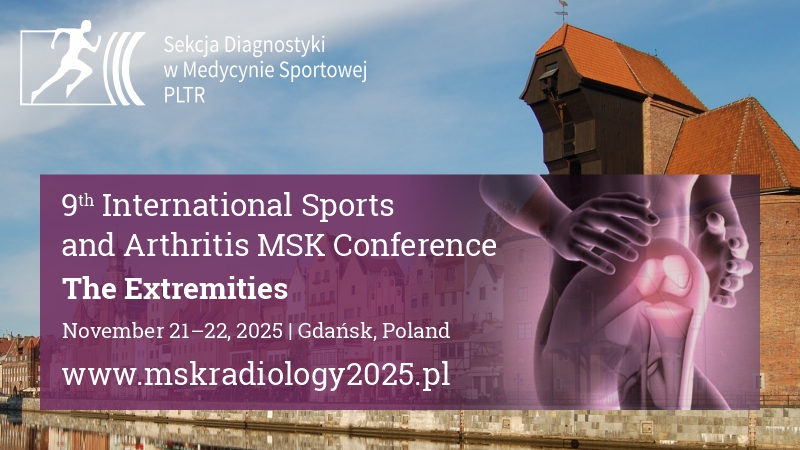The use of high-frequency ultrasonography for the diagnosis of palpable nodules after the administration of dermal fillers
Robert Krzysztof Mlosek1, Bartosz Migda1, Ewa Skrzypek2, Katarzyna Słoboda3, Michał Migda4
 Affiliation and address for correspondence
Affiliation and address for correspondenceIntroduction: Esthetic medicine is a buoyant field of medicine. As the number of performed procedures – mainly injections of botulin toxin and dermal fillers – is increasing, the number of complications is rising as well. The most popular dermal filler is hyaluronic acid. Injection of hyaluronic acid dermal fillers is considered a minimally invasive procedure, but complications in the form of skin nodules and lumps are being encountered more and frequently. Esthetic medicine does not currently offer its own diagnostic methods that would allow one to diagnose complications. In these circumstances, the implementation of objective diagnostic methods from other fields of medicine becomes significant. High-frequency ultrasound is one of such methods. Aim of the study: The aim of this study was to implement high-frequency ultrasound for the diagnosis of palpable nodules after the administration of dermal fillers. Material and method: The study group included 15 women who developed palpable nodules in the region of hyaluronic acid injection. The study includes both early and late complications. An EPIQ 5 (Philips, Bothell, USA) ultrasound machine and a L5–18 transducer were used to examine the nodules. Ultrasound images were evaluated qualitatively by 2 independent investigators. Results: Ultrasound enabled the diagnosis of hyaluronic acid deposition in 9 women, granulomas in 3 women, fibrosis in 2 women and a deposition with inflammation in 1 case. Each of the diagnosed structures presented a typical ultrasound appearance. Conclusions: High-frequency ultrasound is a useful diagnostic method that has a chance to become a widespread tool to diagnose and treat complications. Because of a low number of study reports in this area, continued research is warranted.








